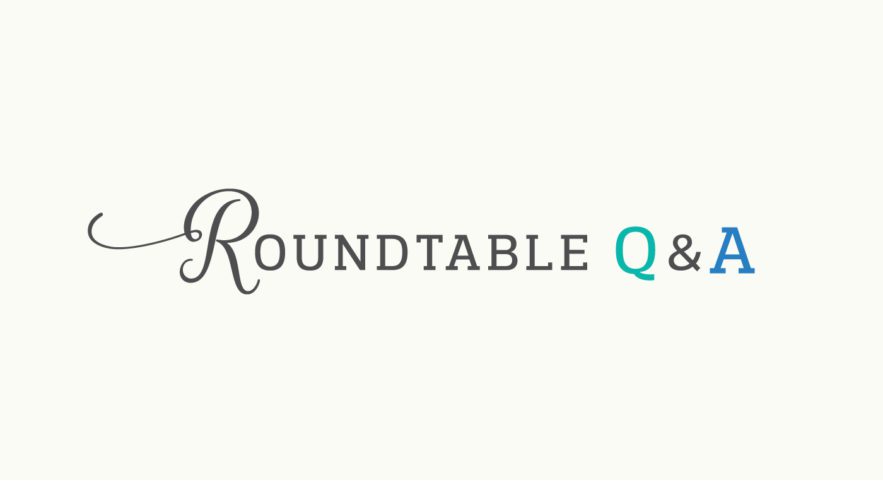According to the U.S. Census Bureau, more adults are reporting anxiety or depression symptoms in 2022 than before the pandemic. In a survey by the American Psychological Association, psychologists reported receiving double the number of referrals from 2020 to 2021, with 41% unable to meet the demand for treatment and 46% feeling burnout themselves.
Compounding the issue is the disproportionate access that people of color have to behavioral health care. Pre-pandemic, 69.4% of Black adults received no treatment compared to 56.7% of the total population. These disparities are expected to continue even as the pandemic ebbs.
Through its African American Family Studies and LGBTQIA+ specializations in the Marriage and Family Therapy program, Pacific Oaks College and its faculty leaders have seen how their communities have been affected. How will Pacific Oaks prepare the professionals of tomorrow as the mental health care field evolves? We spoke to three faculty members in the Marriage and Family Therapy program to learn more.

Sheree Bielecki, M.Ed., (left) has worked in education since 1998 and in higher education since 2007. She received her M.A. in Education from Pepperdine University, where she is currently working on her Ed.D. in Organizational Leadership.
Eugenia Rodriguez, Psy.D., LMFT, (center) received her Psy.D. in Psychology with an emphasis on Marital and Family Therapy from The Chicago School, and her M.A. in Marriage and Family Therapy, Latinx Family Studies, from Pacific Oaks College.
Angel Hall, Psy.D., (right) is a member of and coordinates the African American Family Studies (AAFS) specialization program at Pacific Oaks College. She received her Psy.D. in Clinical Psychology from the California School of Professional Psychology, Los Angeles at Alliant International University.
How are mental health issues currently affecting the communities you work with and are a part of?
Dr. Eugenia Rodriguez: Both the Latinx and the LGBTQIA+ communities are still disproportionately impacted by COVID-19. In the Latinx community, undocumented members and people that cannot stay home and work remotely have had little protection against COVID-19. Within the LGBTQIA+ community, we have seen people who have built a community be cut off from support from social distancing and quarantines. Also, with young adults experiencing homelessness, a disproportionate number are people of color are also in the LGBTQIA+ community. All of this has caused an increase in stress and sadness. In truth, we are all surviving a global trauma that many of us have not had the time to reflect on its impact.
Sheree Bielecki: The global trauma note is spot-on. Specifically for the Black community, the pandemic has only compounded the major mental health issues—anxiety disorders, depression, post-traumatic stress disorder (PTSD), and substance abuse.
Many people in my community and the community I serve have experienced some type of trauma. Whether it is domestic violence, child neglect, seeing someone being shot, serving in the military, experiencing terrorism from another group or person, and watching people walk free from a trial when they should have been convicted of a crime. When I think about anxiety, I think about stress, worry, fear, and terror. In the Black community, people are faced with racism and racial attacks, negative interactions with the law, crime, gang violence, poverty, and lack of access to food, shelter, health care, and quality education. This leads to substance abuse—folx wanting to numb their bodies, so they don’t have to deal with reality.
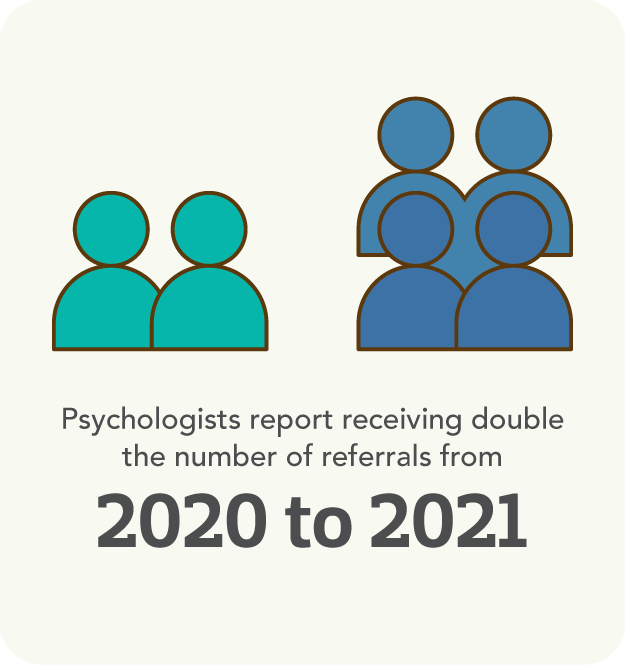
Dr. Angel Hall: Only one in three African Americans who could benefit from mental health care receive it. I’m here to reiterate, the symptoms of anxiety and depression are real. The worry, stress, and fear is real. We are worried about our health, safety, and how we will support ourselves and our families. We are stressed out by increased living expenses, threats of evictions, and family obligations. We fear losing jobs and our “nerve.”
The sadness, frustration, and fatigue is real. We are frustrated with empty promises of change. We are tired but can’t sleep, with our thoughts endlessly racing.
With anxiety and depression symptoms continuing to increase within our community, we need culturally competent mental health professionals that can understand the unique pain our community faces.
Are you observing any worrying trends?
Dr. Hall: Rates of suicide are increasing among African Americans adolescents. While school districts are providing additional resources to address the issue, some youth may feel shame about the feelings they are having. As a result, they may not want to talk to a school counselor or psychologist.
Bielecki: This anxiety and depression are widespread because of the pandemic. With African Americans, access to resources was even harder to get. Some people did not want to go to the doctor or stores because they feared getting COVID-19. There was an increase in teens attempting or dying from suicide. People feared and worried about being racially attacked, terrorized, or killed.
Dr. Rodriguez: Both the Latinx and LGBTQIA+ community have been trending upward with mental health issues, which is alarming but not surprising as historically underrepresented and marginalized populations have difficulty obtaining services even in the best conditions.
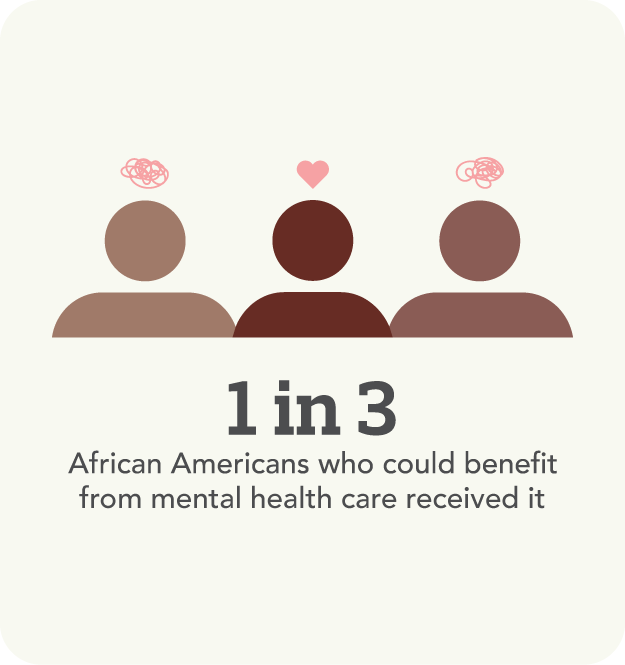
I believe the significant increase in anxiety and depressive symptoms is directly related to the pandemic as we continue to be unsure of the state of the world, as well as being concerned with our health and the health of those we care about. Adding on to this is the lack of communication and contact with support and supportive services. This directly impacts coping and resilience.
For me, this widespread mental health crisis is only furthered by people minimizing themselves. This is part of surviving a global trauma. When people see that everyone is having difficulty, especially already marginalized folks, it can make us feel that our stress and our worries are “not as bad” as others. Although it is important to acknowledge strength and resilience, it should not come at the cost of acknowledging our own thoughts and feelings. It is not “wrong” or “bad” to admit that times are tough, but the denial of those thoughts and feelings does not make them go away. If we do not allow space for those emotions, they will come up at times when we are not prepared to deal with their impact.
Dr. Hall: The coping part is essential, yet difficult to manage. We are experiencing widespread grief and loss. We are a tribal people: With our parents, grandparents, aunts, uncles, godparents, and cousins all an integral part of our family. As members of our tribe perish from the coronavirus, we are left with only their memories and a void that can never be replaced. As we grieve the loss of our loved ones, in ways that may be insufficient, we press on.
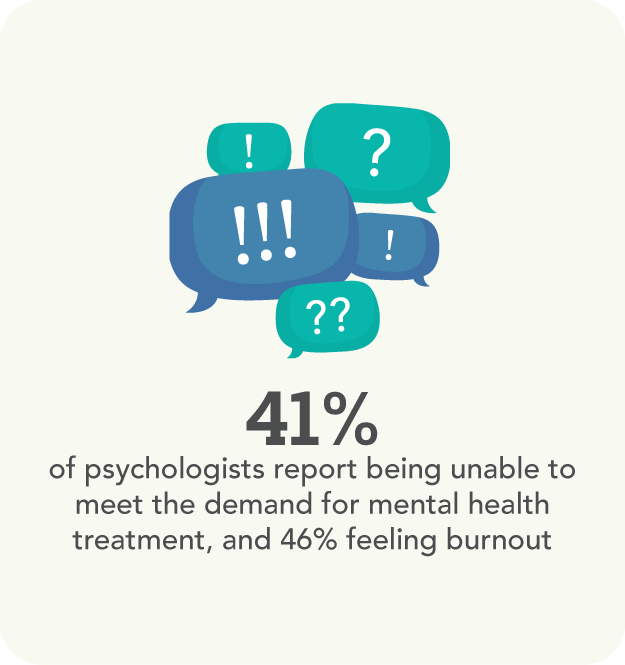
What actions from mental health care providers may lead to better outcomes in future mental health crises? From the general field of psychology? From leaders and policymakers?
Dr. Hall: We need culturally competent clinicians to work with our communities. Working with a clinician that is culturally competent, we can better uncover why they are anxious or depressed and not have to first unpack the cultural context of our mental health struggles.
Bielecki: You’re exactly right, Dr. Hall, about culturally competent clinicians. I also see a need for licensed professionals who look like their clients and can relate to the clients they serve, to ease the stigma attached to having mental health problems within Black and brown communities.
Overall, leaders and policymakers need to support communities with more resources. Due to a lack of, or staggered, resources, many clients are referred outside of their neighborhoods, and they may not have access to transportation.
Dr. Rodriguez: Excellent point about the role of policy. All leaders need to understand that in order to work in different communities, they need to come from a place of humility and a genuine desire to learn from those they want to help and support.
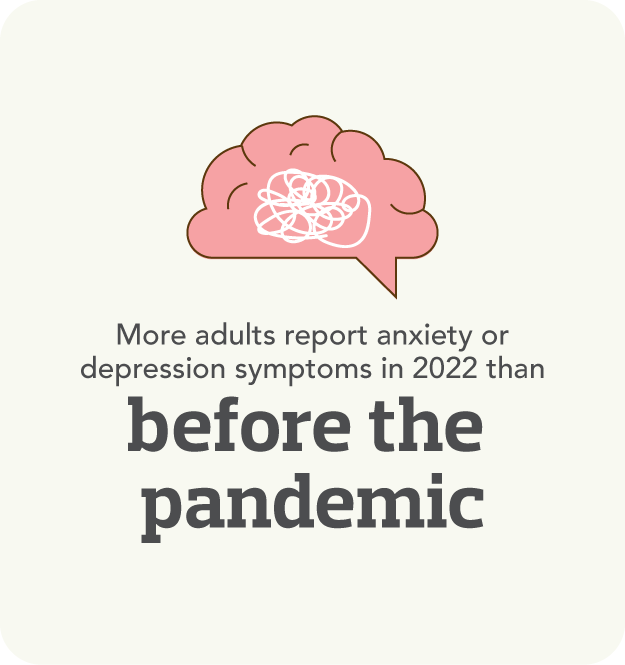
The field of psychology in general would do well to seek not to pathologize identities and experiences, but to normalize human experiences and to look at emotional reactions as the symptom and not the illness. The “illness” instead can be a lack of support and resources for communities that are in desperate need to be understood—and that can inform needed change and policies moving forward.
How is Pacific Oaks preparing students to meet these new challenges and dive deep into communities to help them through this crisis?
Bielecki: Pacific Oaks prepares students to be advocates, change agents, and a solution to the problems of the communities they serve. It’s why we started the Community Psychology program in 2018, to prepare students for the emerging issues in community mental health counseling.
The program is designed to help students identify the needs of a community and design interventions that lead to positive and sustainable results. Students are empowered to address systemic issues within their own communities, with many working at community-based organizations.
This is just one of the many ways that the Pacific Oaks community is working to be part of the solution needed in our society.
Learn more about Pacific Oaks College
If you would like to learn more about the academic programs available at Pacific Oaks, fill out the form below to request more information, or you can apply today through our application portal.

